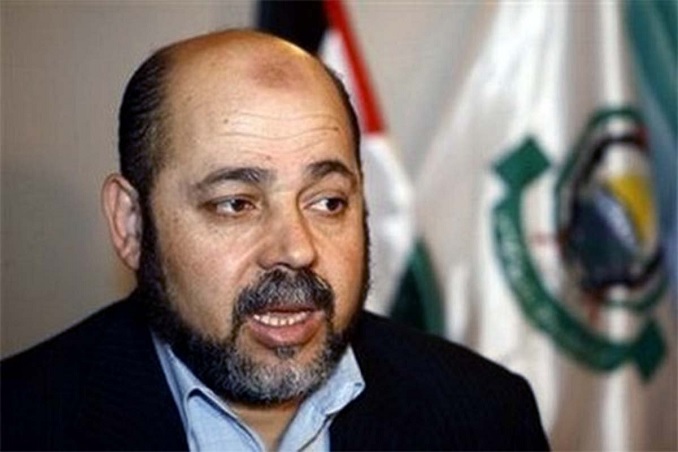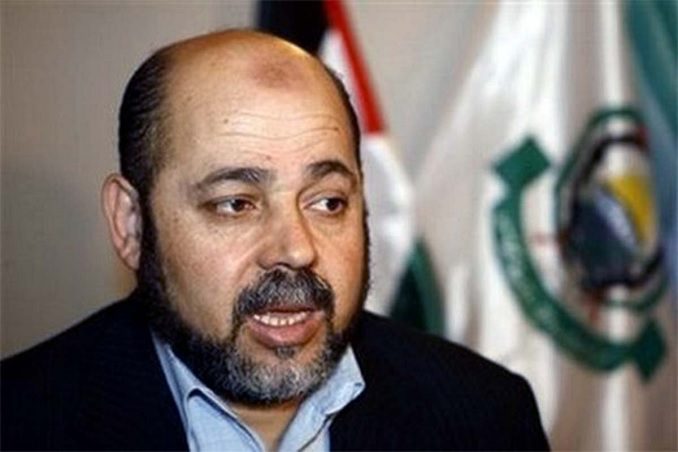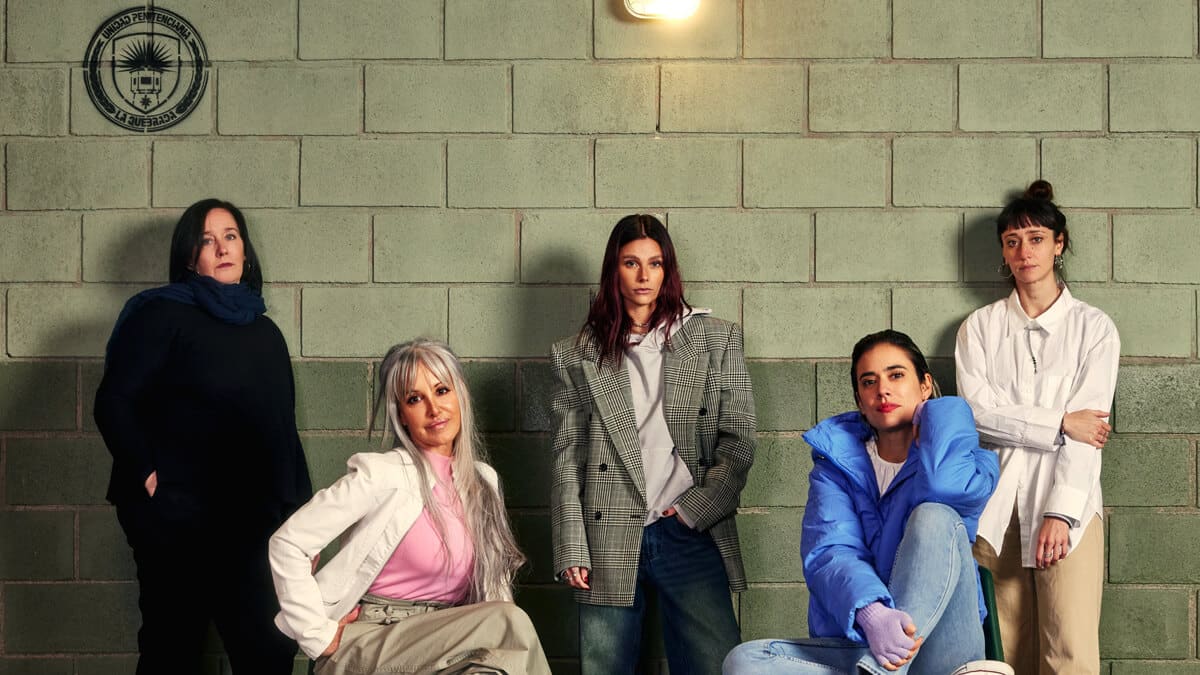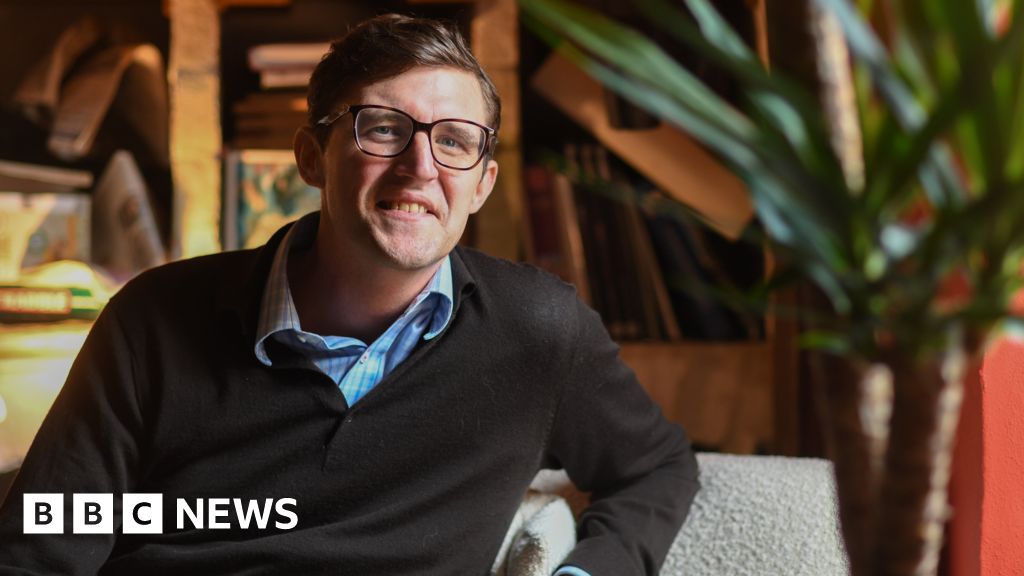Russia’s possible role in the Gaza war – Hamas deputy leader discusses impact of world politics


From the Palestine Chronicle editorial board 
Abu Marzouk, who is currently in Moscow, stressed Russia’s major role in the event of an expansion of the Israeli war in the Gaza Strip.
Mousa Abu Marzouk, deputy head of Hamas’ political bureau, gave an exclusive interview to Al-Jazeera in Moscow in which he discussed various aspects of Russia’s possible involvement in the Gaza war and shed light on the movement’s perspective on ongoing negotiations and regional dynamics.
Abu Marzouk, who is currently in Moscow, stressed Russia’s major role in the event of an expansion of the Israeli war in the Gaza Strip.
He pointed to Russia’s alliances in the region, especially with Iran, and suggested that Moscow could play a larger role in such scenarios.
“The real war is against the United States, which supplies Tel Aviv with weapons and protects it in international forums and from sanctions,” Abu Marzouk said, noting that therefore “a country the size of Russia must stand by your side so that the United States does not monopolize not only the Middle East region but also the international arena.”
Historical support
Abu Marzouk acknowledged Russia’s long-standing support for Palestinian self-determination and pointed to Russia’s current provision of civilian assistance.
He suggested that Russia could play a more active role beyond its current engagement, particularly given its presence in Syria and its relations with Iran.
The Altalena affair: Is Israel heading for civil war?
“We value Russia’s political role and its stance towards the Palestinian people has been clear and unambiguous for many years,” he said.
Abu Marzouk said the Palestinian resistance “is producing its own weapons and resisting the enemy itself.” However, if the fighting escalates, Russia “will have a strong presence because it will have allies in the region,” he added.
“Moscow has a presence in Syria and has excellent relations with Iran. That is why Russia will play roles other than those it currently plays, and then every incident will be significant.”
Ceasefire and international pressure
Abu Marzouk reiterated the importance of implementing the UN Security Council resolution for a permanent ceasefire while achieving prisoner exchanges and humanitarian aid for Palestinians affected by the conflict.
He also discussed internal and external factors that influence Israeli Prime Minister Netanyahu’s decisions, including political divisions within Israel and international pressure.
Israel, said the senior Hamas official, is turning into “a pariah and hated state that is not respected by anyone,” a country that “violates international and humanitarian law.”
A full-scale war against Hezbollah will backfire on Israel and America’s Arab vassal regimes
Relations between the US and Israel
The interview touched on the strained relations between the Biden administration and Netanyahu and emphasized the US commitment to Israel’s security amid political tensions.
“Washington’s policy at the moment is to isolate Israel’s security from Netanyahu’s future,” Abu Marzouk said, adding: “Netanyahu is trying to counter this pressure, especially during the US presidential election.”
According to the Hamas leader, Zionist lobbies are playing a crucial role in the upcoming elections and this weakens the influence of the US government on Tel Aviv, as well as “the position of Congress, which is very biased against Israel.”
International Support
Abu Marzouk highlighted the global support achieved following the anti-flood operation in Al-Aqsa on October 7, 2023, and underscored the growing international recognition of Palestinian rights in the face of criticism of Israeli policies.
“To date, about 144 countries have recognized this right. In addition, there is massive popular support in Europe, including non-Zionist Jews. In addition, new countries have joined the calls against Israel before the International Court of Justice,” explained Abu Marzouk.
“No justice, no peace – what does that mean in the context of the genocide in the Gaza Strip?”
Challenges for Palestinian unity
Abu Marzouk criticized the Palestinian Authority and pointed to setbacks in Moscow and Beijing in efforts to achieve national reconciliation, citing external pressures and internal divisions as hampering progress.
The main problem, he said, is the “Palestinian Authority, which is incompetent and corrupt and has achieved all these successes while being inactive.”
“The position of PA President Mahmoud Abbas and the position of Fatah no longer determine their personal future, the future of the authority or the future of the Palestinian situation,” Abu Marzouk said.
The interview also analyzed the factors that prevented widespread uprisings in the West Bank, including restrictive measures by the Palestinian Authority and Israeli security measures.
Abu Marzouk speculated about a possible escalation of the conflict, Netanyahu’s strategic interest in involving the US and the supporting role of regional allies in Palestinian resistance efforts.
(PC, AJA)



